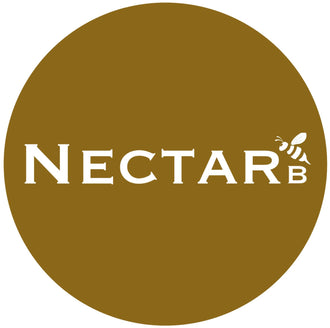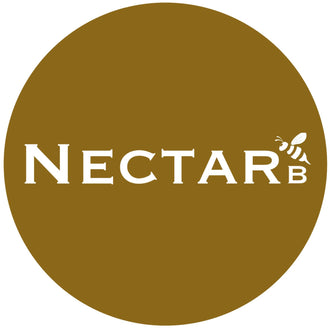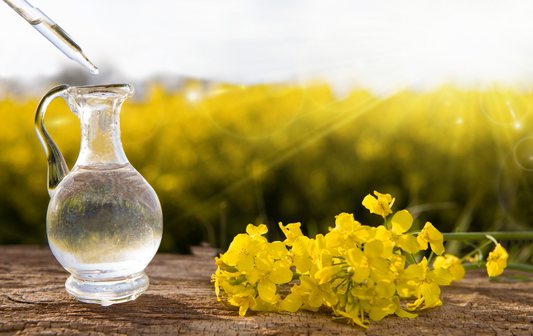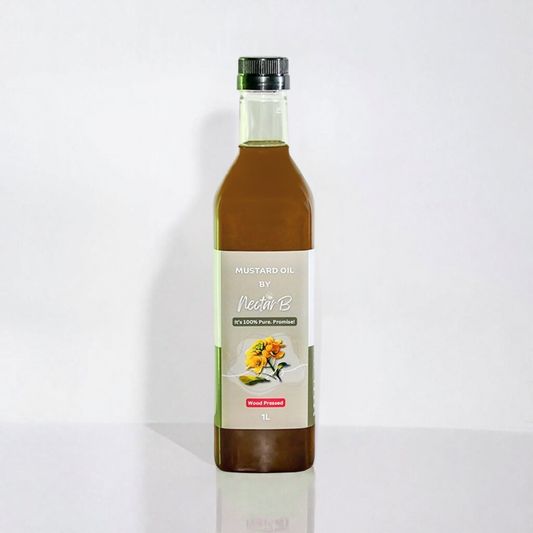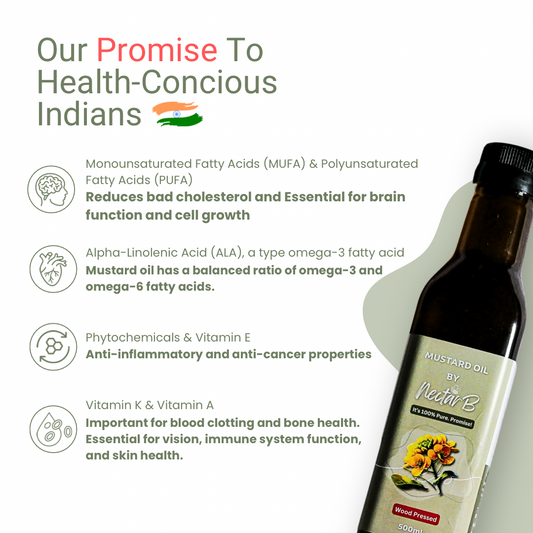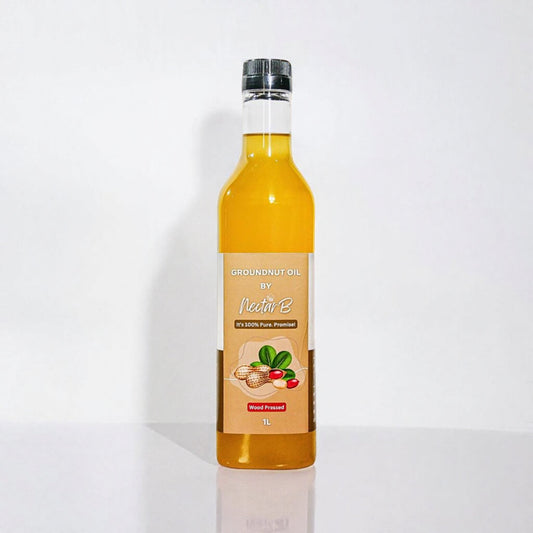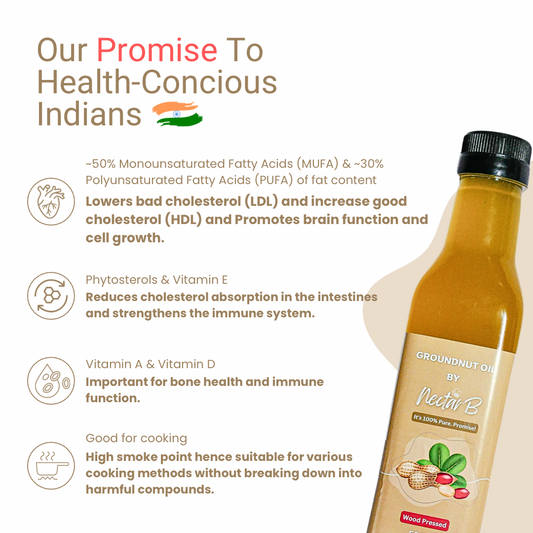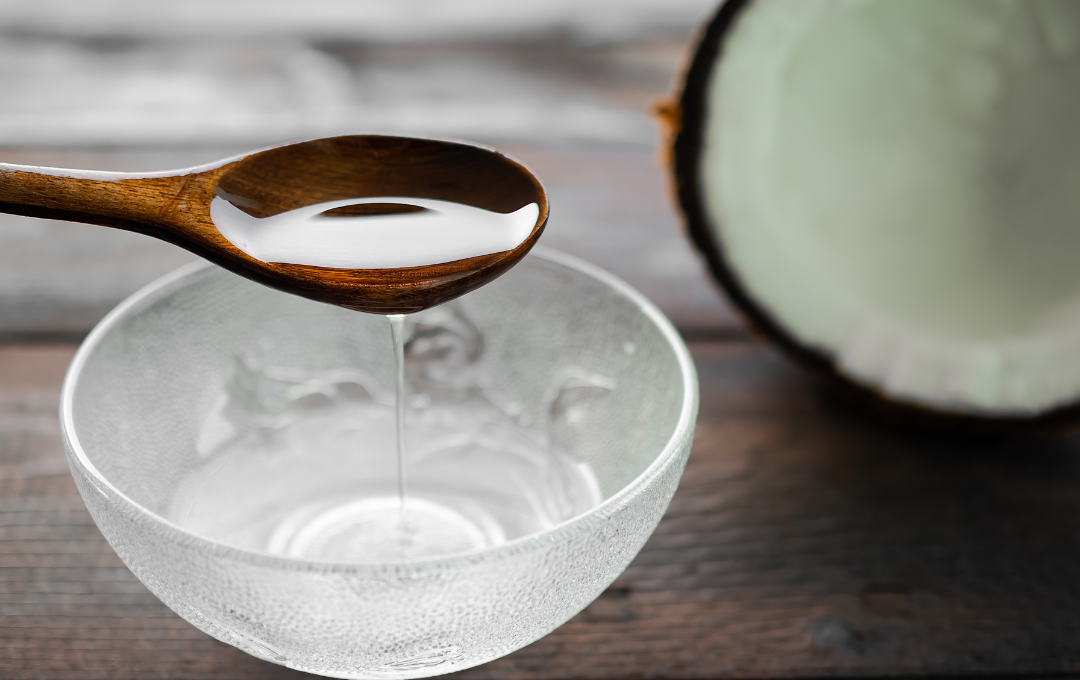
Unveiling the Amazing Health Benefits of Virgin Coconut Oil in India
Introduction
Overview of Virgin Coconut Oil
Virgin coconut oil is an unrefined oil extracted from fresh coconut meat. It is renowned for its purity, aroma, and unique flavor, and is free from chemicals and preservatives. Due to its minimal processing, it retains higher levels of nutrients compared to refined coconut oil.
History of Virgin Coconut Oil in India
Virgin coconut oil has a rich history in India, deeply entrenched in cultural and traditional practices. Used in Ayurveda, traditional medicine, and daily cooking, it has been a staple in Indian households for centuries. The tropical climate of Kerala and Tamil Nadu makes them prime regions for coconut cultivation.
Purpose of This Article
This article aims to explore the myriad health benefits of virgin coconut oil, delve into its nutritional profile, and provide insights into its various uses. By the end, you will have a comprehensive understanding of why virgin coconut oil is hailed as a superfood.
Nutritional Profile of Virgin Coconut Oil
Caloric Content
Virgin coconut oil is calorie-dense, providing approximately 120 calories per tablespoon. Despite its high caloric content, it is considered healthy due to its unique composition of fats.
Key Nutrients and Compounds
It is rich in medium-chain triglycerides (MCTs), which are known to boost energy levels and improve metabolic functions. Additionally, it contains lauric acid, capric acid, and antioxidant compounds that contribute to overall health.
Comparison with Other Edible Oils
Compared to other edible oils such as olive oil, sunflower oil, and soybean oil, virgin coconut oil stands out due to its high content of MCTs and saturated fats, offering different health benefits and cooking versatility.
What are MCTs?
MCTs are a type of saturated fat with a structure that has 6-12 carbon atoms. They are called "medium chain" because they are shorter than long-chain triglycerides (LCTs), which have more than 12 carbon atoms.
Types of MCTs in Virgin Coconut Oil
Virgin coconut oil contains four main types of MCTs:
- Caproic Acid (C6)
- Caprylic Acid (C8)
- Capric Acid (C10)
- Lauric Acid (C12)
How To Make Virgin Coconut Oil
The process of making virgin coconut oil involves cold-pressing the fresh meat of mature coconuts to extract the oil. This method retains most of the nutrients, making it more beneficial than other types of coconut oil. The steps include grating the coconuts, extracting the milk, fermenting it, and finally, filtering the oil.
How To Make Virgin Coconut Oil At Home
Selecting and Preparing the Coconuts
- Choose Fresh, Mature Coconuts: For the best yield and quality, select mature brown coconuts. Mature coconuts have a higher oil content compared to younger ones.
- Opening the Coconuts: Start by draining the coconut water. Locate the three "eyes" on the coconut and use a sharp tool to pierce one of them, then pour out the coconut water. This can be saved for drinking or other uses.
- Extracting the Meat: Break open the coconut using a hammer or by striking it on a hard surface. Use a coconut scraper, a sturdy knife, or a spoon to remove the white meat from the shell. Be cautious to remove any brown husk remaining on the meat.
Grating the Coconut Meat
Grate the coconut meat using a hand grater, a food processor, or a dedicated coconut grater. The aim is to achieve fine, shredded coconut meat that will facilitate the extraction of coconut milk.
Extracting the Coconut Milk
- Blending with Water: Place the grated coconut meat into a blender. Add a sufficient amount of warm water to cover the coconut. Blend the mixture until it becomes thick and creamy.
- Straining the Mixture: Pour the blended coconut mixture through a cheesecloth or a fine strainer into a large bowl. Squeeze and press the grated coconut to extract as much milk as possible. This is the coconut milk which will be further processed to obtain the oil.
Fermenting the Coconut Milk
- Separation Process: Cover the bowl of coconut milk and let it sit undisturbed at room temperature for 24-48 hours. During this period, the coconut milk will naturally separate into different layers: water at the bottom, a thick curd-like layer in the middle, and the oil on top.
- Collecting the Oil: After separation, carefully skim off the oil layer with a spoon or ladle. This layer is your initial coconut oil, although it might still contain some impurities and water.
Cold-Pressing and Filtering the Oil
- Cold-Pressing: To ensure the oil retains its nutrients, it is important to avoid heating it excessively. If needed, you can use a cold-press machine to extract more oil from the coconut cream or curd.
- Filtering: To clarify the oil, strain it through a cheesecloth or fine strainer one more time to remove any remaining solids. You may let it sit for a few more hours to allow any residual water to settle at the bottom, and then carefully pour off the clear oil.
Storing the Virgin Coconut Oil
Allow the extracted oil to cool to room temperature. Pour it into clean, dry glass jars or containers. Store the jars in a cool, dark place to preserve the oil's freshness and extend its shelf life. The oil can also be refrigerated, where it will solidify but will quickly return to a liquid state at room temperature.
Boosting Immunity
Antiviral Properties
Virgin coconut oil contains lauric acid and monolaurin, which have been shown to combat viruses. These compounds can disrupt the lipid membranes of viruses, thereby neutralizing them.
Antibacterial Benefits
It possesses impressive antibacterial properties due to its medium-chain fatty acids. These can kill harmful bacteria such as Staphylococcus aureus, promoting better immune function.
Antifungal Effects
Virgin coconut oil also displays antifungal effects, making it useful in treating fungal infections like Candida. Applying it topically can provide relief from skin infections, while consuming it can help balance gut flora.
Skin and Hair Benefits
Moisturizing Effects on Skin
Virgin coconut oil is an excellent moisturizer, providing a natural solution for dry skin. Its emollient properties help lock in moisture, leaving the skin soft and hydrated.
Promoting Hair Health
Applying it to the scalp can strengthen hair follicles, reduce dandruff, and promote hair growth. The oil also provides a protective layer on the hair shaft, preventing damage from environmental stressors.
Anti-Aging Properties
Rich in antioxidants, virgin coconut oil can help combat the signs of aging. It reduces the appearance of wrinkles and fine lines by promoting the production of collagen, making the skin look youthful and radiant.
Digestive Health
Improving Gut Health
Virgin coconut oil supports gut health by promoting the growth of beneficial bacteria. Its antimicrobial properties help eliminate harmful pathogens, ensuring a balanced microbiome.
Enhancing Metabolism
The medium-chain triglycerides (MCTs) in virgin coconut oil are rapidly absorbed and converted into energy, helping to boost metabolism. This can aid in weight loss and improved energy levels.
Supporting Weight Management
Incorporating virgin coconut oil into your diet can help in weight management. Its satiating properties reduce hunger, leading to lower calorie intake and aiding in weight control.
Heart Health
Regulating Cholesterol Levels
Contrary to popular belief, virgin coconut oil can help regulate cholesterol levels. It increases HDL (good cholesterol) while reducing LDL (bad cholesterol), promoting cardiovascular health.
Anti-Inflammatory Effects
The anti-inflammatory properties of virgin coconut oil help reduce inflammation in the body. This can be particularly beneficial for conditions like arthritis and other inflammatory diseases.
Supporting Cardiovascular Function
By improving cholesterol levels and reducing inflammation, virgin coconut oil supports overall cardiovascular function. Its antioxidant properties also protect the heart from oxidative stress.
Mental Health Benefits
Improving Cognitive Function
Virgin coconut oil provides a quick source of energy to the brain, enhancing cognitive function. It has been found to improve memory and attention, making it beneficial for mental clarity.
Reducing Symptoms of Depression
The oil’s fatty acids can regulate mood by influencing the production of serotonin, thereby reducing symptoms of depression. Its anti-inflammatory properties also contribute to better mental health.
Aiding Stress Management
Ingesting or applying virgin coconut oil can help manage stress by reducing oxidative stress and inflammation. The oil’s soothing properties can also promote relaxation and better sleep.
Usage in Traditional Indian Medicine
Ayurvedic Practices
Ayurveda, the ancient Indian system of medicine, frequently uses virgin coconut oil for its healing properties. It is used in various treatments for skin issues, digestive problems, and overall immune support.
Traditional Home Remedies
In Indian households, virgin coconut oil is used in a multitude of home remedies. From treating cuts and burns to relieving coughs and improving digestion, its applications are vast.
Preparation of Medicinal Oils
Virgin coconut oil serves as a base for many traditional medicinal preparations. It is often infused with herbs to enhance its therapeutic properties and used to treat various ailments.
Culinary Uses of Virgin Coconut Oil
Cooking Techniques
Virgin coconut oil is versatile in the kitchen. It can be used for sautéing, frying, and baking. Its high smoke point makes it an ideal choice for high-heat cooking methods while retaining its health benefits.
Popular Recipes
Many traditional Indian recipes feature virgin coconut oil, including curries, sweets, and savory dishes. Its rich flavor enhances the taste of the food, making dishes like Kerala fish curry and coconut chutney stand out.
Flavor and Aroma
Virgin coconut oil imparts a distinctive flavor and aroma to foods. Its nutty, sweet taste adds depth and complexity to dishes, making it a favorite in many culinary traditions.
Did you know?
Did you know that virgin coconut oil can also be used as a natural insect repellent? When applied to the skin, it can keep mosquitoes and other insects at bay. It's an eco-friendly alternative to chemical-laden repellents, offering both protection and skin nourishment.
Side Effects
While virgin coconut oil is generally safe for most people, excessive consumption can lead to digestive issues such as diarrhea and stomach cramps. It’s high in calories and saturated fat, so moderation is key, especially for those managing weight or cardiovascular health.
Controversy
The use of virgin coconut oil has been controversial, primarily due to its high saturated fat content. Some experts warn that it could contribute to heart disease, while others argue that its unique fatty acids provide various health benefits. Ongoing research continues to shed light on its overall impact on health.
Buying and Storing Virgin Coconut Oil
Identifying Quality Products
When buying virgin coconut oil, look for products that are organic, cold-pressed, and free from additives. Check the label for certifications and ensure it is stored in a glass jar to maintain purity.
Proper Storage Methods
Store virgin coconut oil in a cool, dark place away from direct sunlight. It can solidify at cooler temperatures but will return to a liquid state when warmed. Ensure the lid is tightly closed to prevent contamination.
Shelf Life Considerations
Virgin coconut oil has a shelf life of about two years if stored properly. Always check the expiration date and give it a sniff; a rancid smell indicates it's no longer good for use.
Considerations
- Dosage: Start with a small amount of virgin coconut oil to see how your body reacts, and gradually increase the intake.
- Quality: Choose high-quality, organic, and unrefined virgin coconut oil to ensure you are getting the purest form with maximum benefits.
Conclusion
Virgin coconut oil is undeniably a powerhouse of health benefits, ranging from boosting immunity to enhancing skin, hair, and mental health. Its rich nutritional profile and versatile uses in both culinary and medicinal practices make it a valuable addition to any household. While it's essential to consume it in moderation, the myriad benefits it offers make it a worthy inclusion in your daily routine.
Popular Links
Order Wood Pressed Groundnut Oil Now!
